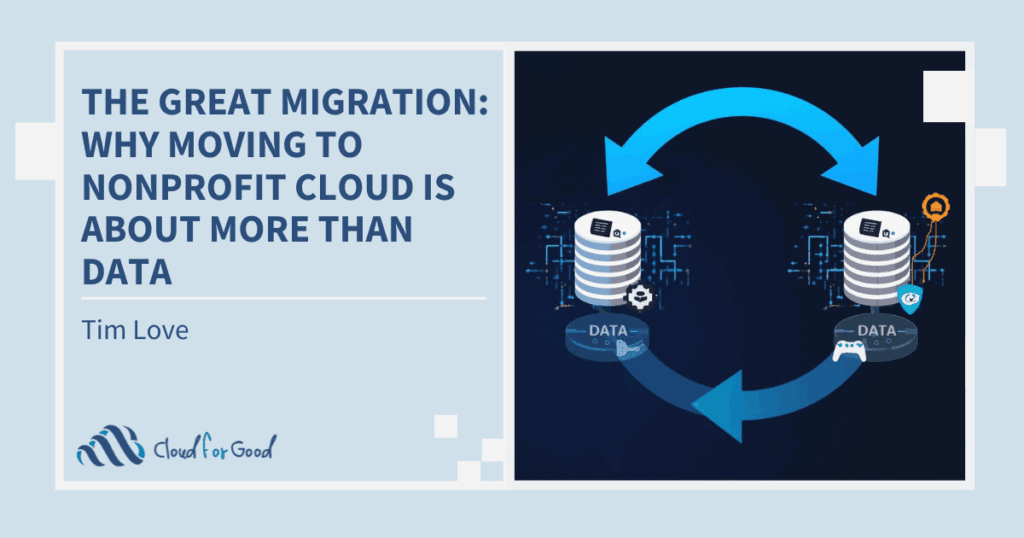Social media management, advertising, webinars, email marketing, text messaging, CRM, trigger-based journies – Marketers are faced with an abundance of tasks, each often requiring their own special system to manage. They, more often than not, don’t have the luxury of choosing which systems to use and as a result, end up with a variety of disparate tools that don’t work together. If this sounds like you, don’t fret; Marketing Cloud makes it easy to integrate with just about any external system. How you ask?
There are a few different ways to go about integrating Marketing Cloud with external applications.
CSV File Transfer and Marketing Cloud FTP Site
Salesforce Marketing Cloud comes with an FTP site that can be used to assist in integrating third-party systems. The only requirement for this to work is that the third-party system can export a CSV or similarly delimited file to an external FTP site. The resulting process looks like this:

In the external system, you’d set up an export on a defined schedule. That export would send the CSV file to the Marketing Cloud FTP site. Once the file is received on the FTP site, you can trigger an automation that will bring the data into Marketing Cloud and also map the external fields to Salesforce IDs or any other Salesforce data.
The mapping process is really the key. It’s not enough to get the data over to Marketing Cloud. That’s just step 1. Once the data is in Marketing Cloud you can automate a set of SQL queries that will clean your data and merge it with the Salesforce data.
The process we’ve outlined above is intended to work with Data Extensions, however, it is also possible to set up an automated import into lists as well. Data Extensions are generally preferable because they offer several advantages over lists, such as faster processing of large data sets, column flexibility and automated data exports.
Salesforce Marketing Cloud Connect
Another way to integrate with Salesforce is by using a free tool called the Marketing Cloud Connector. It’s an easy install and allows data to flow freely between Sales and Marketing Clouds. It even allows Journey Builder journeys to be triggered based on Salesforce data. Though the connector is a great tool, there are some gotchas with unsubscribes that have the potential to violate CAN-SPAM, so proceed with care. Cloud For Good can assist by offering guidance on these issues. For more information about Salesforce Marketing Cloud Connect, check out this article.
Marketing Cloud API
Unlike many other Email Marketing Providers, Marketing Cloud offers a robust API in several languages including C#, Java, Node, PHP, Ruby and Python. It offers both a SOAP and a REST API, but not all features are available in each. In general, the REST API has the newer features and Salesforce is constantly updating it. If your external system integration needs to be highly custom, this is the way to go. You can even take advantage of Heroku, Salesforce’s cloud-based application platform.
There you have it. Three very different but effective ways to connect Marketing Cloud with external, 3rd party systems that range from simple to advanced in complexity. No matter the need, Marketing Cloud has a solution to fit.
You may also enjoy:





